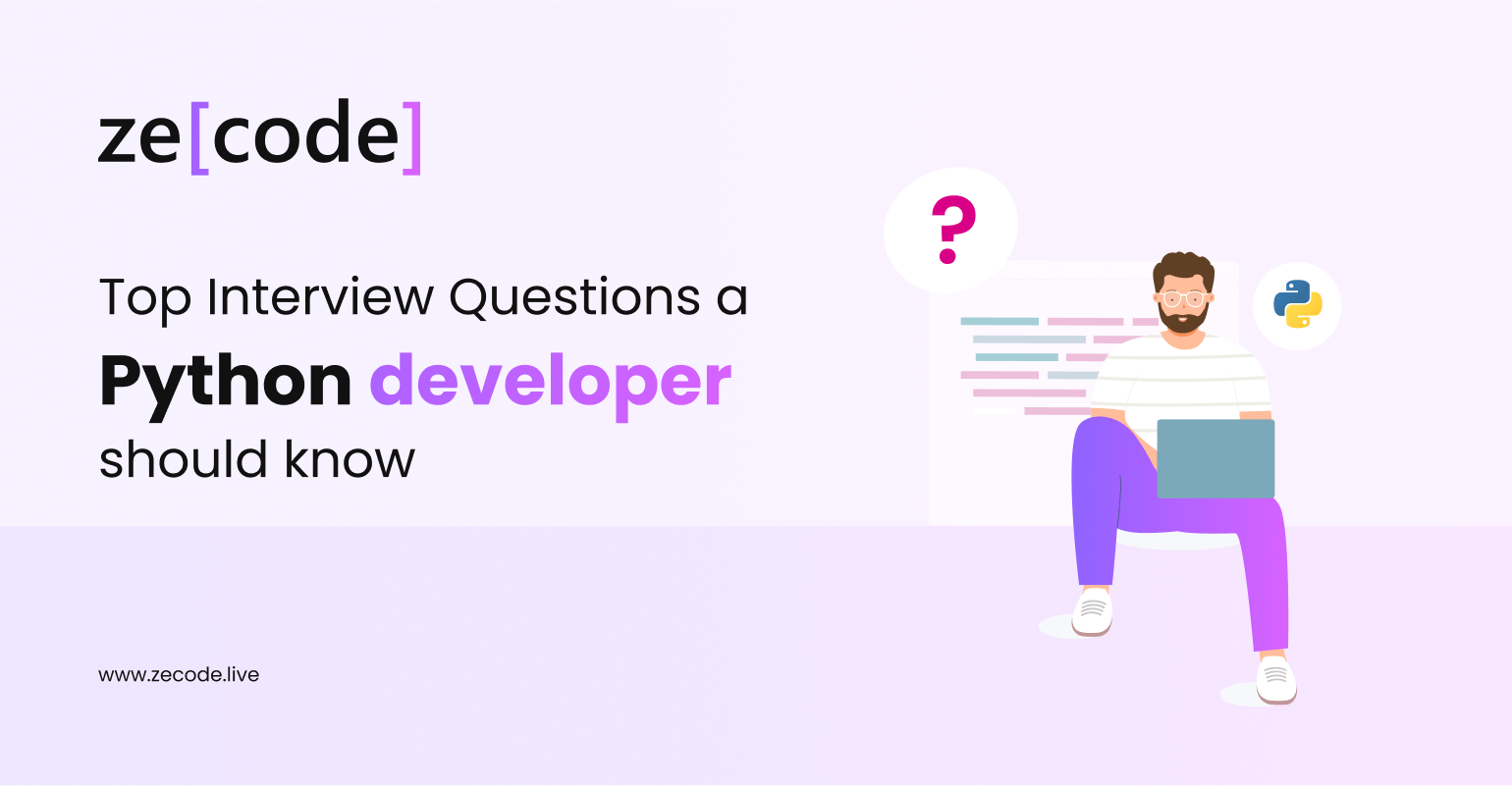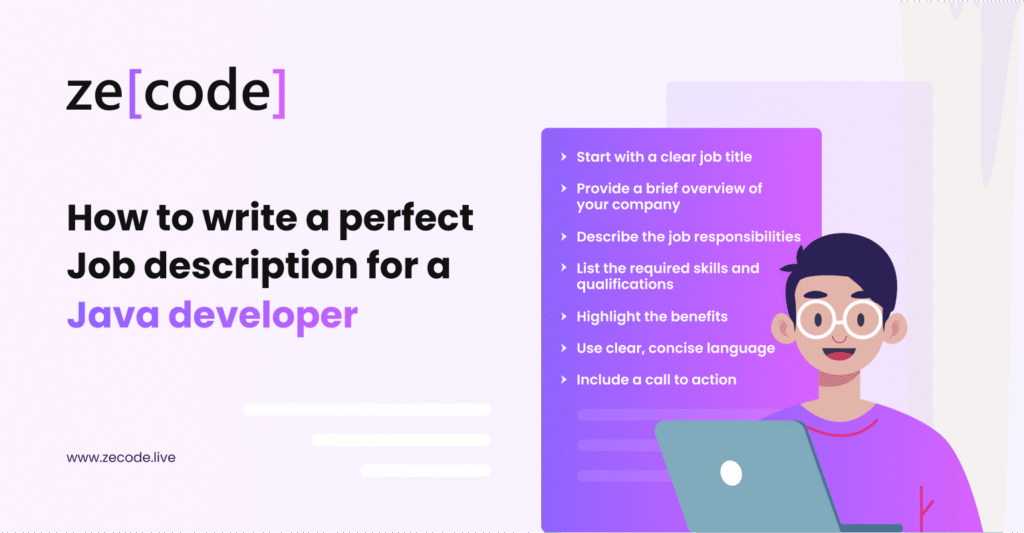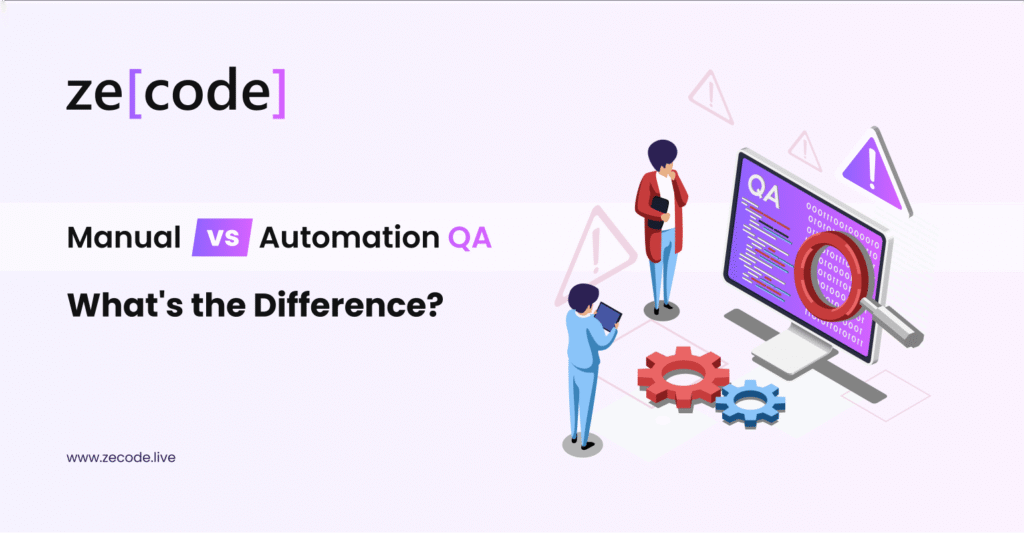Introduction:
Python is a popular programming language known for its simplicity and versatility. Python developers are in high demand in the tech industry, and if you’re looking to hire one, it’s essential to know the right questions to ask during an interview. This blog will discuss the top interview questions a Python developer should know to help you find the best candidate for your organization.
Top Python Developer Interview Questions:
-
What is Python, and what are its key features?
This question aims to test the developer’s basic knowledge of Python. The candidate should be able to describe Python as a high-level programming language with dynamic semantics. They should also mention its key features, such as easy-to-learn syntax, cross-platform compatibility, and extensive library support.
-
What are the differences between Python 2.x and Python 3.x?
Python 2.x and Python 3.x are two major Python versions with some significant differences. The candidate should be able to explain the key differences between the two versions, such as the print function, Unicode support, and integer division.
-
Explain OOP concepts in Python.
Object-oriented programming is a crucial aspect of Python development. The candidate should be able to explain the four pillars of OOP in Python: encapsulation, inheritance, polymorphism, and abstraction. They should also provide examples of how to implement these concepts in Python.
-
How do you handle errors and exceptions in Python?
Errors and exceptions are common occurrences in Python programming. The candidate should be able to explain how they handle exceptions in Python and provide examples of the try-except block and raising exceptions.
-
How do you work with databases in Python?
Python has extensive library support for working with databases. The candidate should be able to explain how to connect to a database using Python and perform basic operations such as CRUD (Create, Read, Update, and Delete) operations.
-
What are decorators in Python, and how do you use them?
Decorators are a powerful feature in Python used to modify the behavior of a function or class without changing its source code. The candidate should be able to explain what decorators are and provide examples of how to use them in Python.
-
What are the different ways of creating threads in Python?
Multithreading is a crucial aspect of Python development, and the candidate should be familiar with the different ways of creating threads in Python. They should be able to explain the difference between threads and processes and how to use the threading module in Python.
-
How do you work with external libraries in Python?
Python has a vast support library that allows developers to work with various functionalities such as web development, machine learning, and data analysis. The candidate should be able to explain how to install external libraries using pip and how to import them into their Python project.
-
How do you handle large datasets in Python?
Handling large datasets is a common requirement in Python development. The candidate should be able to explain how to handle large datasets using tools such as NumPy, Pandas, and Dask.
-
How do you ensure code quality in Python?
Code quality is essential in Python development, and the candidate should be able to explain how they ensure code quality in their projects. They should mention tools such as Pylint, Flake8, and Black and explain how to use them.
Conclusion:
Hiring a Python developer can be challenging, but asking the right questions can make the process easier. In this blog, we have discussed the top interview questions a Python developer should know, ranging from basic Python concepts to advanced topics such as decorators and handling large datasets.
Remembering that the interview questions should be tailored to your organization’s specific needs and requirements is essential. You can use the questions discussed in this blog as a starting point and modify them to suit your needs.
With Ze[code], you can create custom Python coding assessments to evaluate a candidate’s experience and knowledge in the language. Our platform supports a wide range of Python frameworks and libraries, allowing you to create tests that reflect your organization’s requirements.



